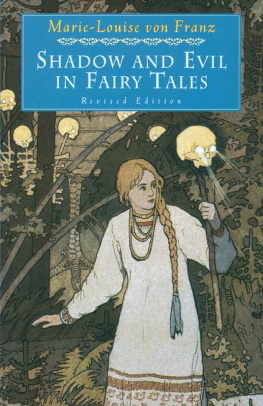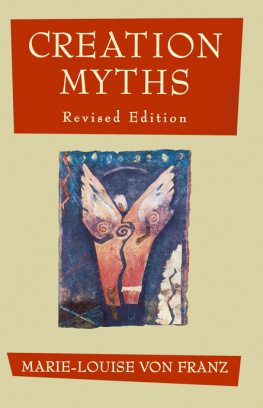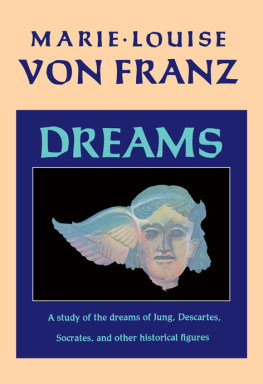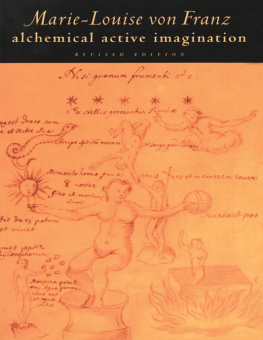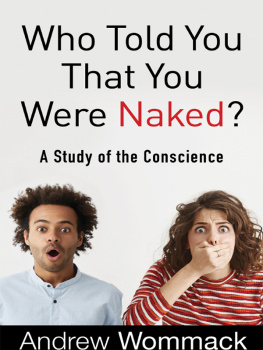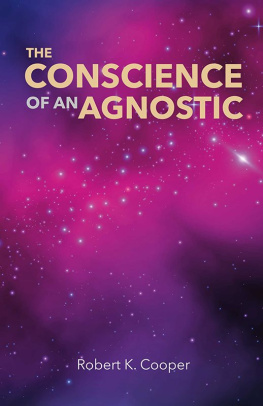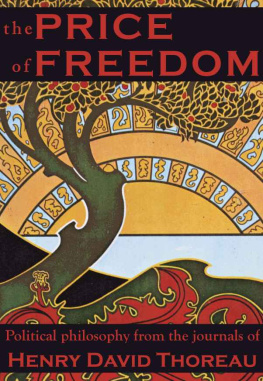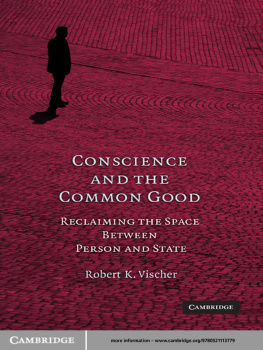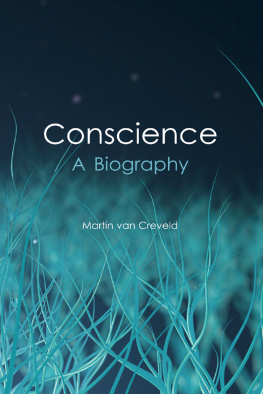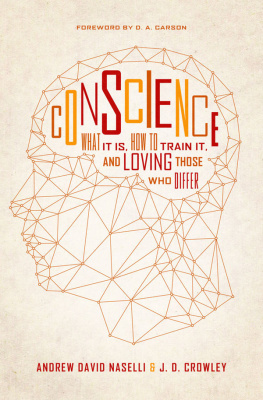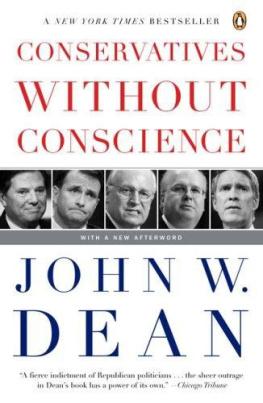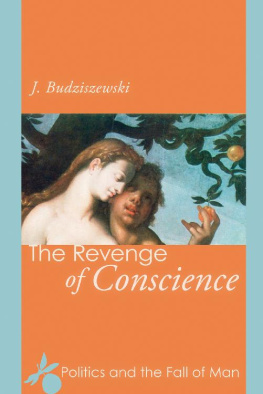
The body of this work is based on the 2008 printing of the Fourth Edition of Crisis of Conscience, by Raymond Franz with additional pages added to the Appendix from In Search of Christian Freedom written by Raymond Franz and the entire booklet Where is The Great Crowd Serving God? by Jon A. Mitchell. The Table of Contents, Index and the footnotes have been updated to reflect the added pages to the Appendix and current resources. Additionally a Foreword by David Henke has been added at the beginning of the book and The Copyright Owners Story at the very end of the book.
All rights reserved worldwide. No portion of this book may be reproduced, stored in a retrieval system, or transmitted in any form or by any means electronic, mechanical, photocopy, recording, scanning, or other except for brief quotations in critical reviews or articles, without the prior written permission of the copyright owner.
Unless otherwise noted, Scripture quotations are taken from the New World Translation of the Holy Scriptures, published by the Watchtower Bible and Tract Society of New York, Inc. | Scripture quotations marked JB are taken from The Jerusalem Bible 1966 by Darton Longman & Todd Ltd and Doubleday and Company Ltd. | Scripture quotations marked NEB taken from the New English Bible, copyright Cambridge University Press and Oxford University Press 1961, 1970. All rights reserved | Scripture quotations marked NIV are taken from the Holy Bible, New International Version, NIV. Copyright 1973, 1978, 1984 by Biblica, Inc. Used by permission of Zondervan. All rights reserved worldwide. The NIV and New International Version are trademarks registered in the United States Patent and Trademark Office by Biblica, Inc. | Scripture quotations marked RSV are taken from the Revised Standard Version of the Bible, copyright 1952 [2nd edition, 1971] by the Division of Christian Education of the National Council of the Churches of Christ in the United States of America. Used by permission. All rights reserved. | Scripture quotations marked NRSV are taken from the New Revised Standard Version Bible, copyright 1989, Division of Christian Education of the National Council of the Churches of Christ in the United States of America. Used by permission. All rights reserved. | Scripture quotations marked NLT are taken from the Holy Bible, New Living Translation, copyright 1996, 2004, 2007, 2013, 2015 by Tyndale House Foundation. Used by permission of Tyndale House Publishers, Inc., Carol Stream, Illinois 60188. All rights reserved.
Wherever possible, and for the sake of authenticity, an effort has been made within this book to present quotations from other publications by direct photocopies. Since certain of these publications may go back over one hundred years in the past, the quality of the type may not always be of the highest standard.
Crisis of Conscience, Fifth Edition
Copyright 2018 Deborah Dykstra
Published by NuLife Press
www.NuLifePress.com
HARDCOVER: 978-0-9994992-0-7
PAPERBACK: 978-0-9994992-1-4
EBOOK: 978-0-9994992-2-1

Life is uncertain and when a man dies what he knows dies along with him unless he passes it on while still in life.
What this book contains is written out of a sense of obligation to people whom I sincerely love. In all good conscience I can say that its aim is to help and not to hurt. If some of what is presented is painful to read, it was also painful to write. It is hoped that the reader will recognize that the search for truth need never be destructive of faith, that every effort to know and uphold truth will, instead, strengthen the basis for true faith. What those reading this information will do with it is, of course, their own decision. At least it will have been said, and a moral responsibility will have been met.
IN THE HISTORY of a religious organization there can be defining moments, particular times and circumstances that allow for seeing beyond external appearance and recognizing the true character and essential spirit of the organization. The organizations own self- image, its dominant cast of mind and outlook, its motivating force and its pattern of response to disagreement or challenge, can then be seen more clearly. The factors that come to light may have actually been there all along, at the inner core of the organization, but were beneath the surface, even at odds with external appearances and professed principles. The defining moment may produce a portrait that is disturbingly different from the image the organization holds in the minds of its membership, and that defining period may even escape their notice if those at the organizations center can effectively suppress awareness of it.
Most readers of the book that follows will have at least some familiarity with the religion of Jehovahs Witnesses. Consider, then, the following statements and ask yourself as to the possible source of these expressions, and also as to their validity:
The natural man can see that a visibly organized body, with a definite purpose, is a thing of more or less power; therefore they esteem the various organizations, from which we have come out, in obedience to the Masters call. But the natural man cannot understand how a company of people, with no organization which they can see, is ever going to accomplish anything. As they look upon us, they regard us simply as a few scattered skirmishersa peculiar peoplewith very peculiar ideas and hopes, but not worthy of special notice.

Under our Captain, all the truly sanctified, however few or far separated in person, are closely united by the Spirit of Christ, in faith, hope and love; and, in following the Masters command, are moving in solid battalions for the accomplishment of his purposes. But, bear in mind, God is not dependent upon numbers (See Judges 7, as an illustration).
... We always refuse to be called by any other name than that of our HeadChristianscontinually claiming that there can be no division among those continually led by his Spirit and example as made known through his Word.

Beware of organization. It is wholly unnecessary. The Bible rules will be the only rules you will need. Do not seek to bind others consciences, and do not permit others to bind yours. Believe and obey so far as you can understand Gods Word today, and so continue growing in grace and knowledge and love day by day
... by whatsoever names men may call us, it matters not to us; we acknowledge none other name than the only name given under heaven and among menJesus Christ. We call ourselves simply CHRISTIANS and we raise no fence to separate from us any who believe in the foundation stone of our building mentioned by Paul: That Christ died for our sins according to the Scriptures; and those for whom this is not broad enough have no right to the name Christian
If asked to assess these statements and characterize the principles they advance, among Jehovahs Witnesses today most would certainly classify them as of an apostate source. The actual source is, however, the Watch Tower magazineof an earlier time. The rejection and discarding of the principles espoused in those published statements were factors in a major transformation within a body of people initially joined together in free affiliation, having no visible organizational structure, and their transposition into a highly centralized organization with a distinctive name and the claim to the exclusive right to be viewed as genuinely Christian.
Next page

